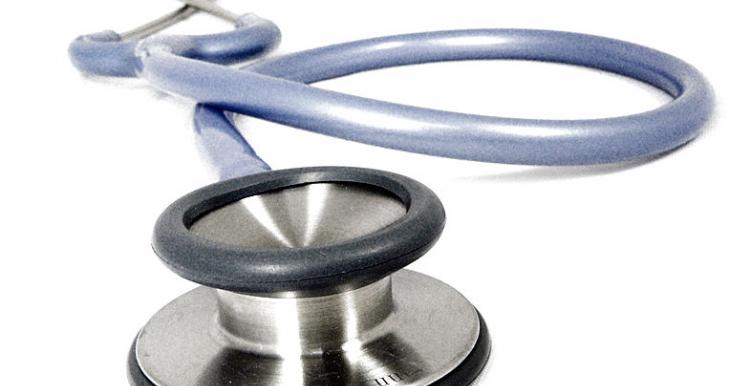GP Patient Survey – the story so far

Healthwatch Brighton and Hove is conducting our most ambitious and comprehensive review so far of GP services in the city.
This involves three areas of research:
- An online survey running from June to October 2017
- A questionnaire to be completed by every GP surgery in the city, engaging with Practice Managers and Practice Participation Groups (PPG’s) as our partners
- Observational visits to GP practices gathering first hand patient experiences using our Healthwatch statutory powers of ‘Enter and View’
We are about half way through this exercise and we already have some interesting results from the online survey to date.
The highlights are:
- We have gathered responses from 942 respondents so far.
- In general, there is a high satisfaction rate for GP care of patients, including listening, involving and explaining, which is reassuring. Satisfaction rates for care were even higher for people seeing nurses at their GP surgeries.
- Responses received indicate that patients are happy to have many of their medical issues addressed on the phone and online bookings and test result services are relatively popular. However, these are not as widely available as they could be and this indicates that there is scope to expand these accessible and low cost points of contact with GPs and other Primary Care Services.
If you have not already participated in the survey, Healthwatch would encourage everyone to become a five-minute volunteer for the NHS. You can provide your feedback about GP care on the Healthwatch web site and for any other health or care service, please visit Brighton Pulse where a survey can be filled out.
Making a GP appointment:
Results from the online survey to date, also point at improvements that could be made to the service provided by GPs to their patients, namely:
- 36% of patients find it difficult to make an appointment by phone;
- 16% of patients find it difficult to make an appointment in person;
- 78% of patients who used the online service found it easy to use, but this service was not available (or had not been used by) 61% of patients surveyed.
This seems to indicate that the easiest way to book a GP appointment is the option that is either not widely provided by GP services, or not currently used.
Travelling to the Surgery:
The majority of patients surveyed (73%) said they are able to travel to their GP surgery in less than 15 mins. For 24% of patients, the journey can take up to 30 mins and for 3% of patients, the trip can take up to 60 mins.
Getting test results on line:
Of patients surveyed to date, 75% found it easy to access test results on line. However, only 39% of people had used this way of getting their test results.
GP closures:
Due to GP surgeries closing, 8% of patients had changed GPs in the last year and 13% of those had found this inconvenient or very inconvenient.
Phone consultations with GPs:
From patients surveyed to date, 52% of people had, at some time, a telephone consultation with their GP; 95% of these having found it fully or partly successful in resolving the issue. This cost effective method of contacting patients, could prove a popular option for the future and would reduce the number of visits to the GP surgery.
Access to GPs:
While the majority of patients surveyed (59%) did not usually see their own doctor, an appointment was provided with the ‘duty doctor’. While 66% of people had at some time asked for an urgent GP appointment, 80% of those were seen within 24 hrs. 18% of patients sought medical help elsewhere after being unable to get a doctor's appointment e.g. by calling NHS 111 (52%), visiting A&E (38%) or calling 999 (12%).
GPs care and attention:
The majority of patients surveyed (84%) felt that enough time was given in their appointment and only 6% said they were not happy with the time given. Also, the majority of patients (88%) felt that the doctor listened to their concerns and only 5% felt they were not listened to adequately.
A similar picture was given when people were asked about how good their doctor had been at explaining tests and treatments with just 4% expressing dissatisfaction. Also, 95% of people felt their doctor had involved them in making decisions about their treatment.
Can patients raise more than one problem in their appointment?
Of patients surveyed, 11% said it had been an issue for them not being able to raise more than one problem when they saw their doctor. However for people seeing a nurse rather than a doctor, this fell to only 4%. Perhaps nurses have more time or practice in a different way. This is something that could be a significant issue for vulnerable or frail people with multiple long term conditions, and GP surgeries may need to consider how they deal with this challenge going forward.
David Liley, Chief Officer, Healthwatch Brighton and Hove 17/8/17